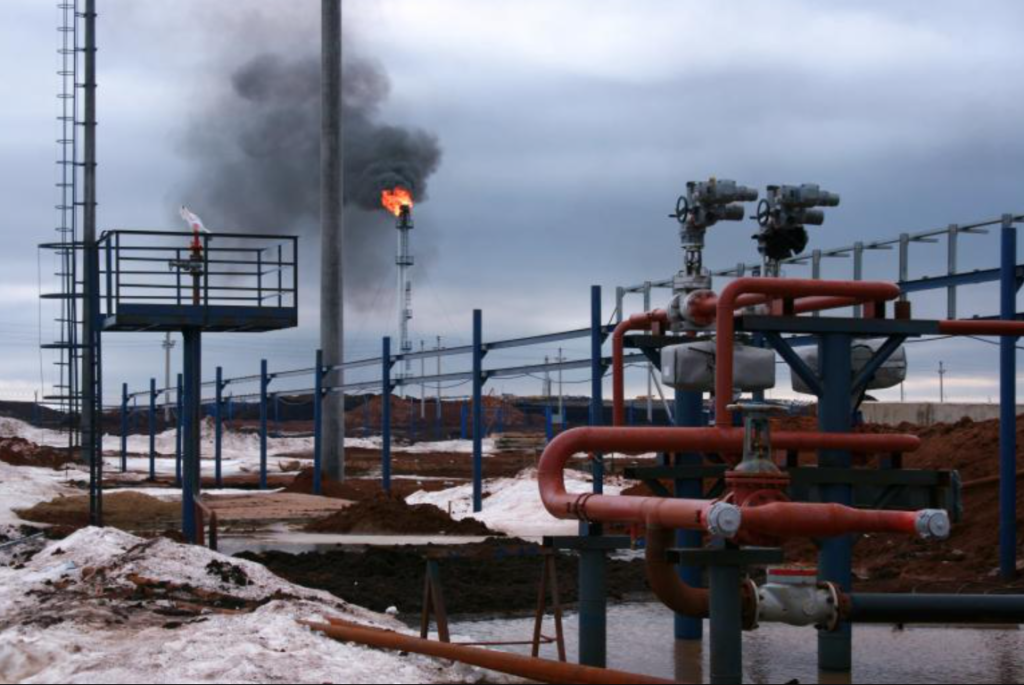ARA Petroleum has received the greenlight to develop the Ntorya gas discovery in Tanzania. The government of Tanzania through Ministry of Energy issued the firm a 25-year Development Licence over the project.
Ntorya gas condensate field is located in south-east Tanzania and forms part of the Ruvuma Petroleum Sharing Agreement (PSA), which is jointly owned by its operator Aminex (75%) and UK-based Solo Oil (25%).Ntorya’s commercialisation was movitated by Tanzania’s increasing demand for gas, which is to exceed supply over the years.
READ:US $1Bn geothermal-powered data centre to be built in Kenya
The Development Licence was received by the operator of the Ruvuma JV, ARA Petroleum Tanzania Limited (APT), a wholly owned subsidiary of ARA Petroleum. According to Erhan Saygi, General Manager of APT, works will involve converting an existing well into a producing well, building in-field gas processing facilities and contracting a rig operator to drill a third well to appraise the field further.
APT expects to produce 40 MMcfd in the first year of production and to increase that to 140 MMcfd within a few years’ time, according to a Gas Sales Agreement signed with the Tanzanian Petroleum Development Corporation (TPDC) earlier this year. Such volumes will increase Tanzanian natural gas production significantly. Additionally, APT believes the potential for gas production from the field is far larger having commissioned, acquired and interpretated 338 km2 of 3D seismic data over the Ruvuma JV licence area.
‘We are delighted to receive this licence from the Ministry of Energy and thank all the Tanzanian agencies involved in achieving this major milestone. We are ready to launch work immediately to bring this onshore development project into production. We believe the Ntorya gas field and wider area could be game-changing for Tanzania’s efforts to alleviate energy poverty, spur further economic development and potentially transform the country into a regional energy hub,’ said Erhan Saygi.
